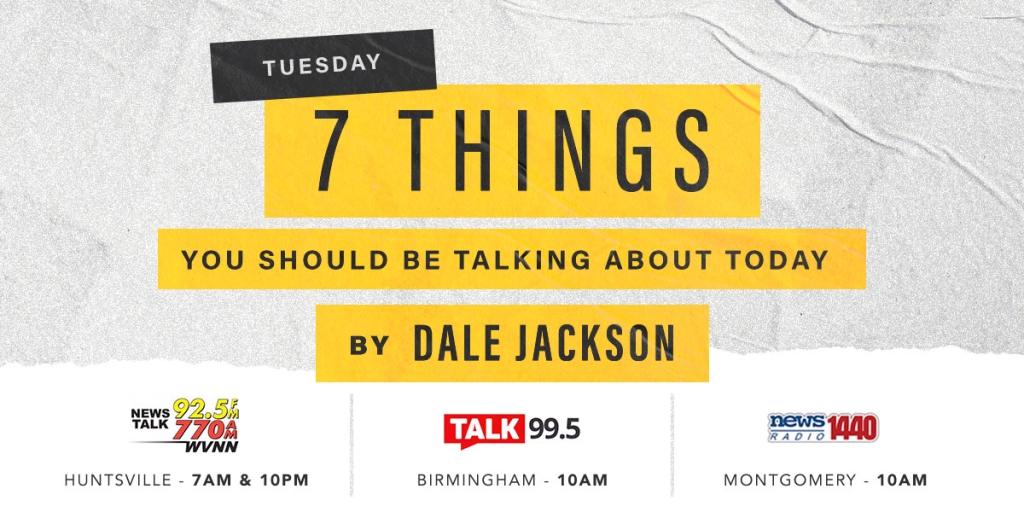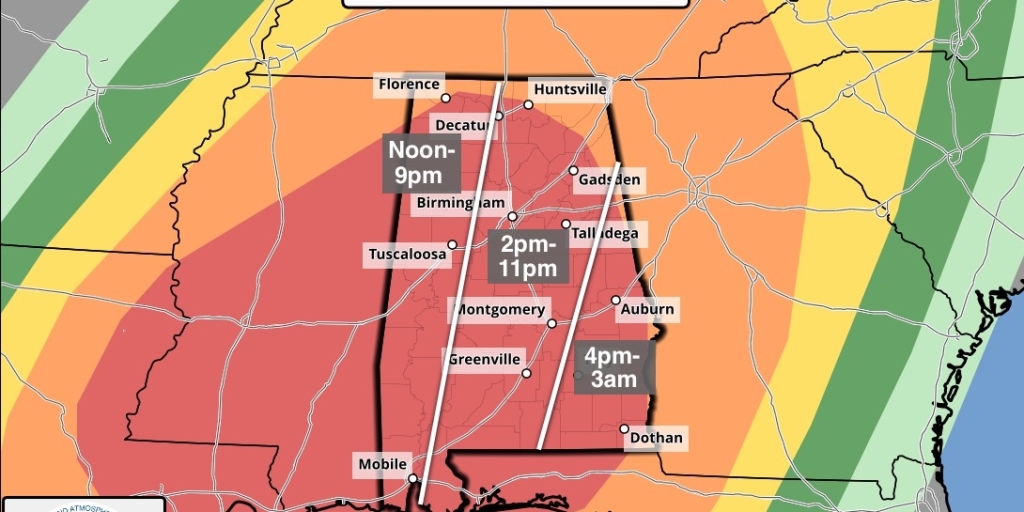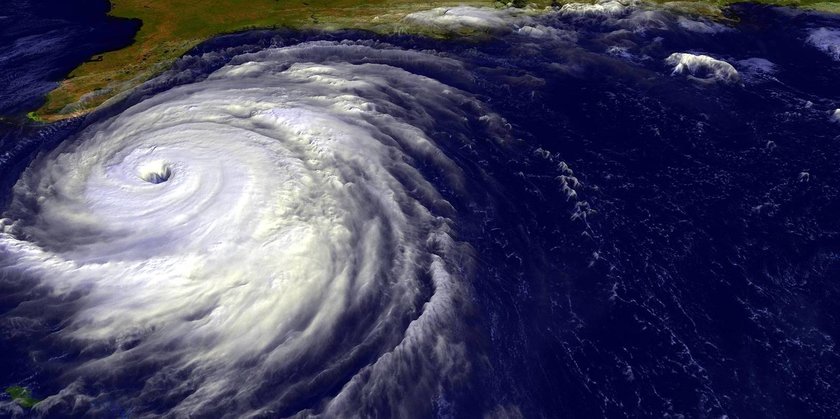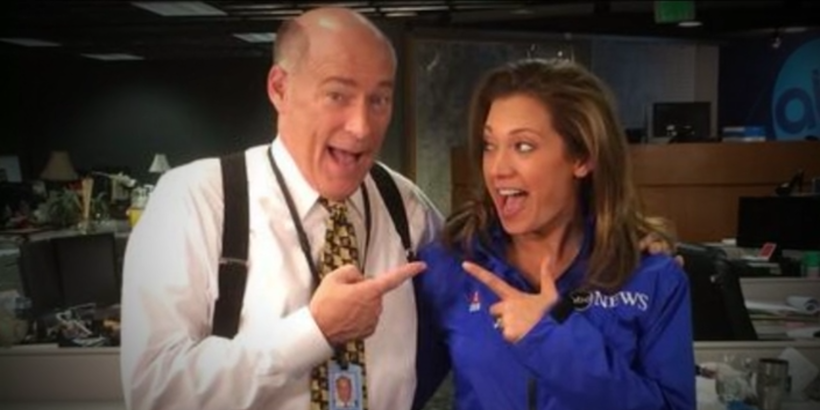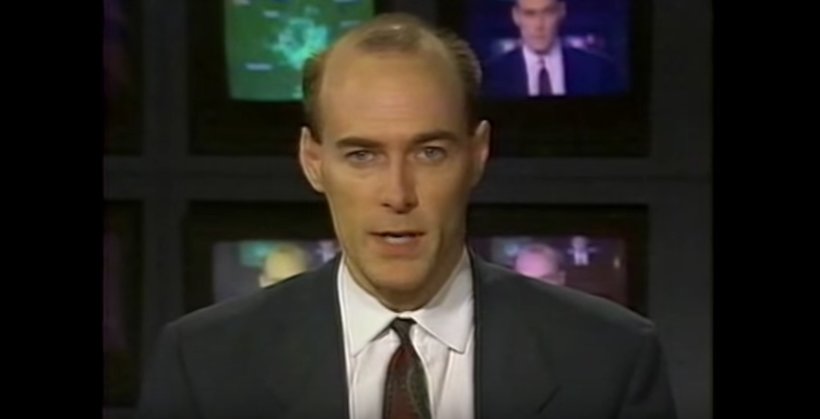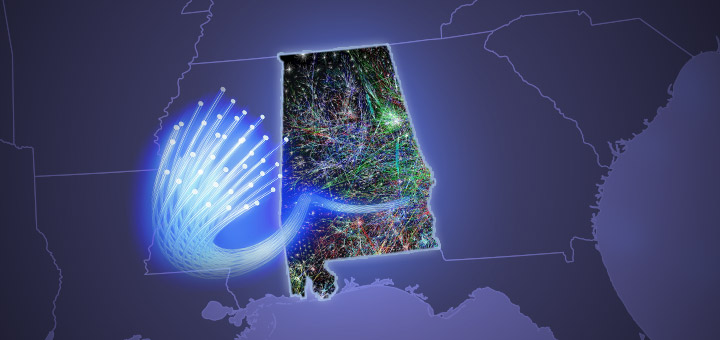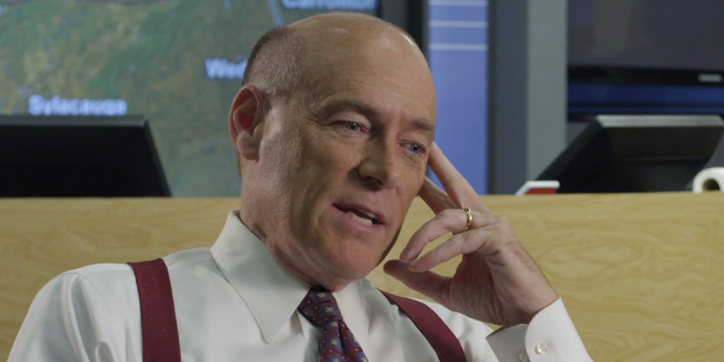
Countless Alabamians rely on James Spann to keep them informed when severe weather hits. He will never know how many lives he has saved over the past four decades, but he does know the exact number of deaths that occurred on his toughest day on the job, and he’s spending a great deal of time figuring out how to keep it from ever happening again.
“I have been extremely frustrated with the current warning process since April 27, 2011, when 252 people in Alabama died during an outbreak of 62 tornadoes,” says Spann. “On that dreadful day, the physical science could not have been any better as there were excellent and timely warnings for each tornado. Yet, the death toll was too high, and totally unacceptable. There were some precious people that died that day.
“We learned that we have to go beyond physical science, and dive into social science to understand the loss of life during the great outbreak of 2011. And, taking knowledge from social science experts, work together to fix the problem. Clearly, something isn’t working.”
Spann spent several days this week at a workshop hosted by the National Weather Service designed to “improving severe weather watch/warning dissemination.”
In his presentation at the conference, Spann identified what he believes are the four primary reasons too many people are dying when tornadoes hit.
1. “The Siren Mentality”
Why in the world do people think they will hear a magical air raid siren inside their home to let them know a tornado is coming? Sure, you might hear a siren on nice days with blue sky and sunshine when they are being tested, but you have no hope in the middle of the night during a severe thunderstorm. They have never been designed to warn people inside homes, businesses, schools, churches, or any other structure. They reach a limited number of people outside, and that is it. We have to be sure everybody understands this, and move past sirens to two good sources, like a NOAA Weather Radio or reliable smart phone app like WeatherRadio by WDT.
2. “Lack of helmet use”
In addition to having a reliable way of getting the warning and knowing where you are going, you have to have a readiness kit, and the most important element is a helmet for everybody in the house. Not just kids, but everybody. Batting helmets, bicycle helmets work beautifully. Research done at UAB proves their importance. We must communicate this better to the masses.
3. “False alarms / Crying wolf”
We heard it over and over. I hear tornado warnings often, and “nothing ever happens”. The NWS in Birmingham had a false alarm radio of roughly 80 in 2011 (80 percent of tornado warnings were false alarms). This resulted in a “cry wolf” syndrome, and no action when warnings were issued April 27, 2011. The good news is that our friends at the Birmingham NWS office have reduced the FAR to 20 today, a remarkable improvement. All by going back to basic science. We need to let people around here know that tornado warnings are more important than ever.
4. “Confusion”
Quite frankly, the current National Weather Service WWA (watch, warning, advisory) system is a mess… There are too many different kinds of watches, warnings, and advisories, and too many colors… We have to get emergency managers, television stations, and NWS meteorologists on the same page with a unified, easy to understand message. We might communicate it in a different way, but the message needs to be the same during life threatening weather.
In spite of his concerns, Spann said he is optimistic “people in the weather enterprise” will come together to solve these issues and “make the warning process better by sending a simple, unified message.”
“Lives will depend on our success,” he concluded.
RELATED:
1. Spann: Don’t trust national news organizations to accurately report on weather
2. Famed meteorologist James Spann puts Internet trolls in fetal position
3. (Video) James Spann: ‘Alabama is my family, we’ve been through a lot together’






